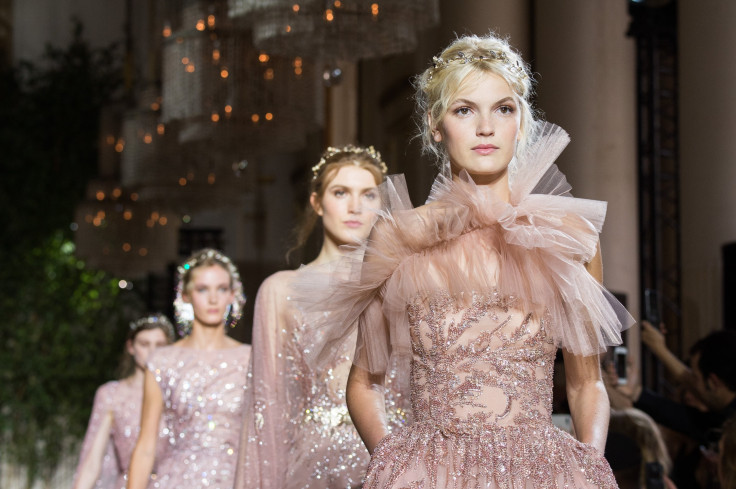Size 0 Models Banned By Fashion Powerhouses Kering And LVMH

Fashion conglomerate's LVMH and Kering have teamed up to ban size zero models. The restriction will be applicable to both companies' luxury brands worldwide. Gucci, Christian Dior, Stella McCartney, Marc Jacobs and Balenciaga are among a long list of brands owned by the pair.
The ban was set in place to support the well-being of female and male models. As leaders in the fashion industry, the groups desire to go the extra mile to implement beneficial change.
"I am deeply committed to ensuring that the working relationship between LVMH Group brands, agencies and models goes beyond simply complying with the legal requirements," Antoine Arnault, a member of LVMH Board of Directors, said in a press release. "The well-being of models is of great importance to us. As the leader in the luxury sector, we believe it is our role to be at the forefront of this initiative."
"We have the responsibility of building new standards for fashion and we hope to be followed by other players in our sector," Arnault added.
The charter will require female models to be at least a size 34, which equates to a size 2 in the United States. Male models are required to be a size 44 at a minimum compared to a size 42, respectively. To maintain this regulation, models will have to present a valid medical certificate that was obtained less than six months before a photo shoot or runway show. The medical certificate must depict that the model is of good health.
Additional restrictions will be applied to models under 16. Brands housed by LVMH and Kering are not permitted to hire young models in shows or shootings to represent adults. Models between 16-18 will not be allowed to work late hours and will need to maintain regular school attendance, among other requirements.
This new policy is slated to launch at the upcoming respective Fashion Weeks.
"Through the establishment of this charter and our commitment to abide by its terms, we are once again manifesting the importance of this core value in a very concrete manner," François-Henri Pinault, Chairman and CEO of Kering, said in a press release. "We hope to inspire the entire industry to follow suit, thus making a real difference in the working conditions of fashion models industry-wide."
This announcement comes on the heels of the start of New York Fashion Week (NYFW), which hits the city Thursday. The fashion industry has faced backlash for allowing dangerously thin models to strut along the runways at major fashion shows for NYFW and Paris Fashion Week, among others.
A study published in the American Journal of Public Health in 2015 examined the thinness of models. Researchers claimed if the United States were to place a regulation on model size, it "would shake the fashion industry, even if enforcement dollars were few and far between. Designers would be hard pressed to maintain a presence in the fashion industry."
Models are at risk for eating disorders, including anorexia nervosa. Many professional models have also died from starvation-related problems. However, over 62 percent of models have been asked to slim down, according to a study produced by Ziff.
Former Australian Vogue Editor Kirstie Clements shared with The Guardian in 2013 the extreme measures she's witnessed models using to maintain thinness. Eating tissues may have been among the more bizarre practices, but cigarettes and Diet Coke proved to be dietary staples.
A representative from Kering and LVMH did not immediately return International Business Times' request for comment.
Follow me on Twitter @dory_jackson
© Copyright IBTimes 2025. All rights reserved.





















